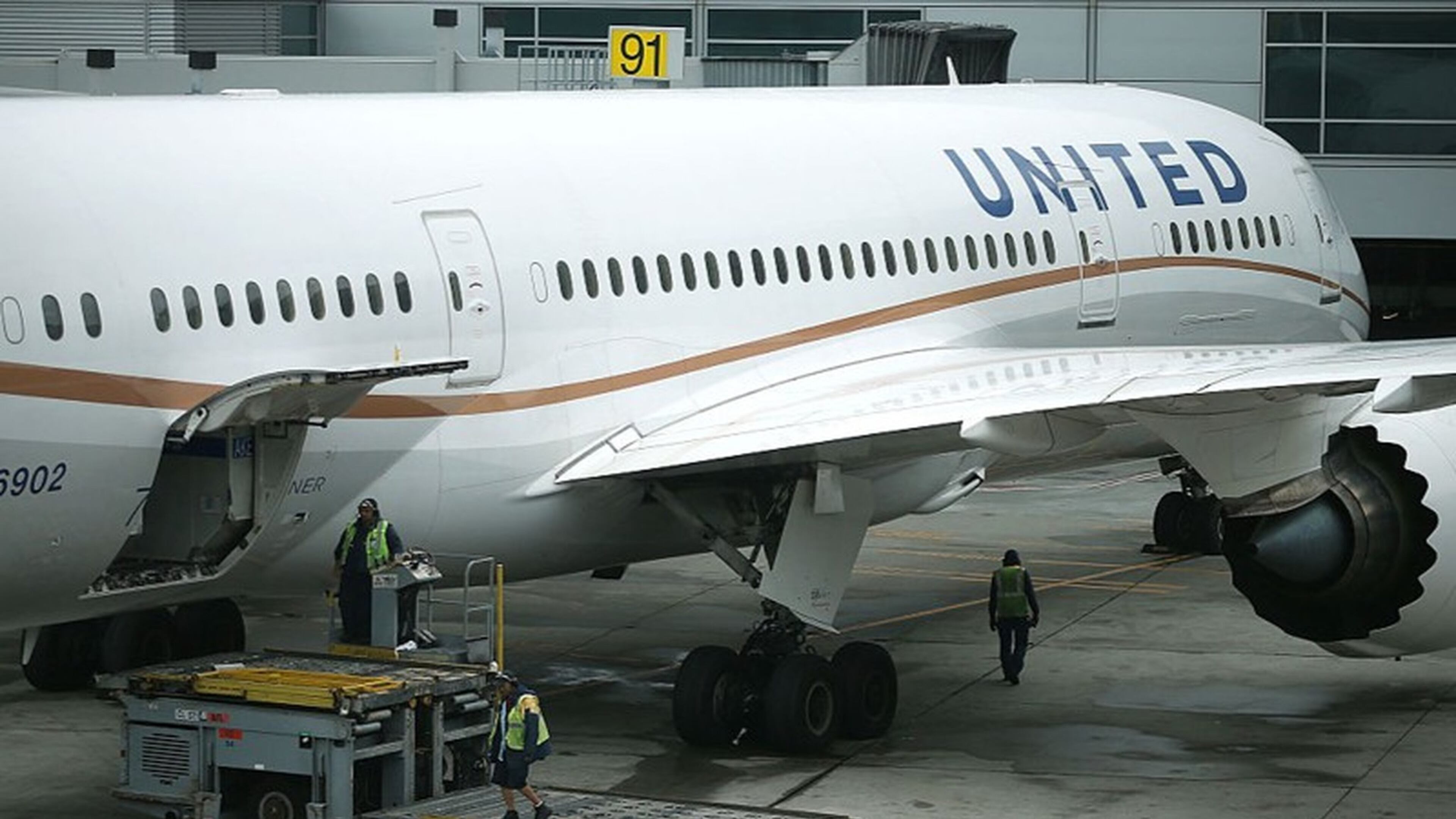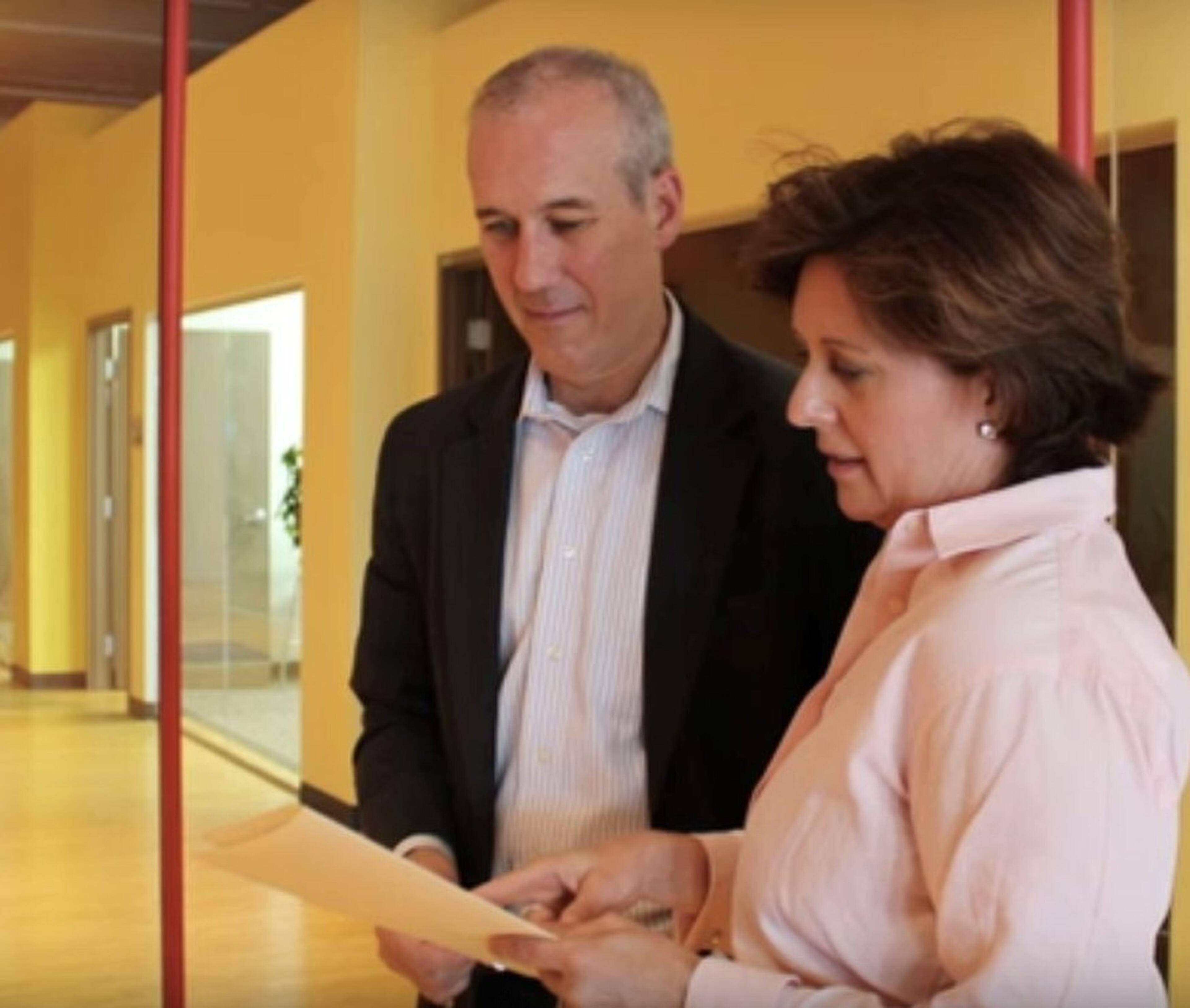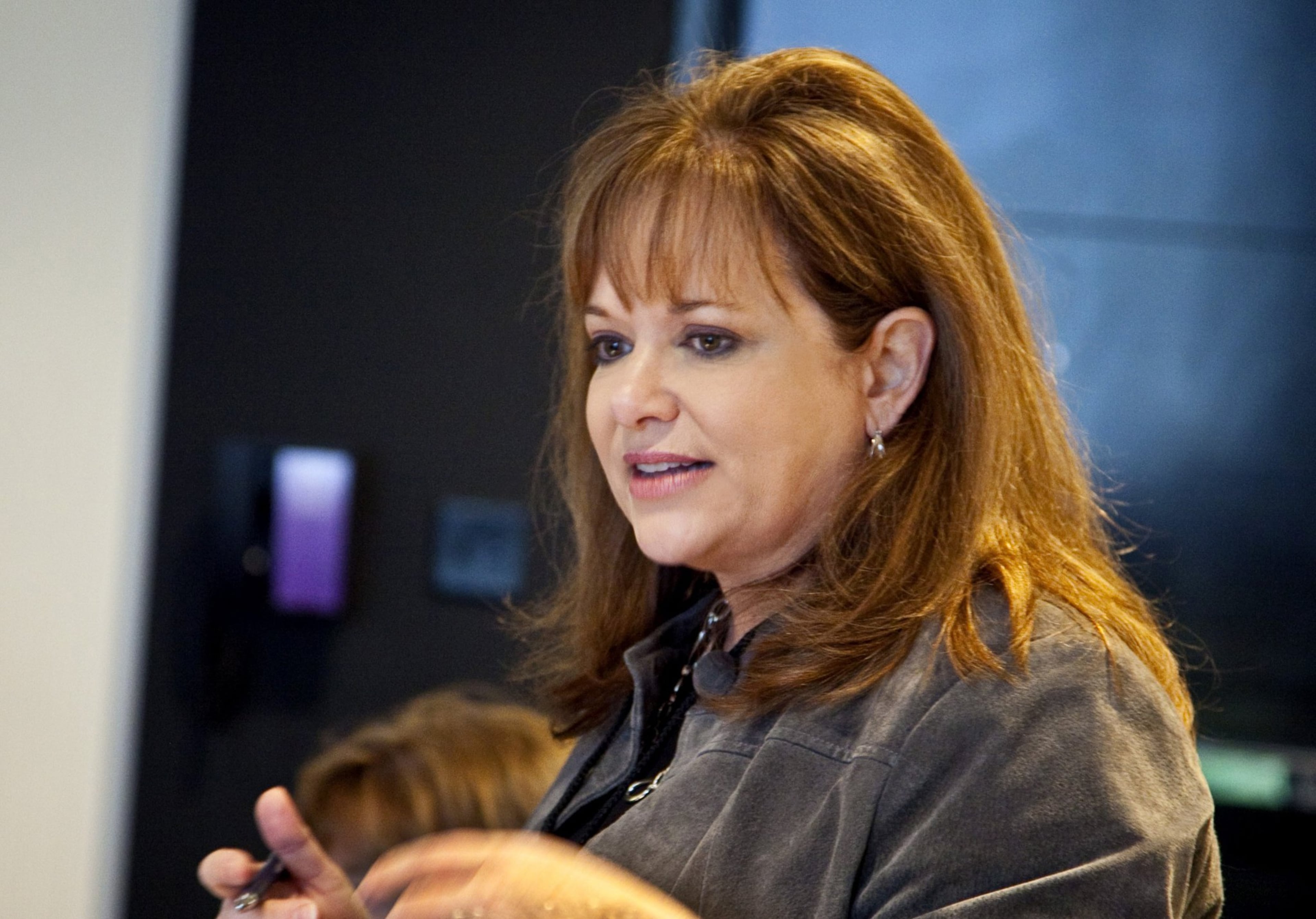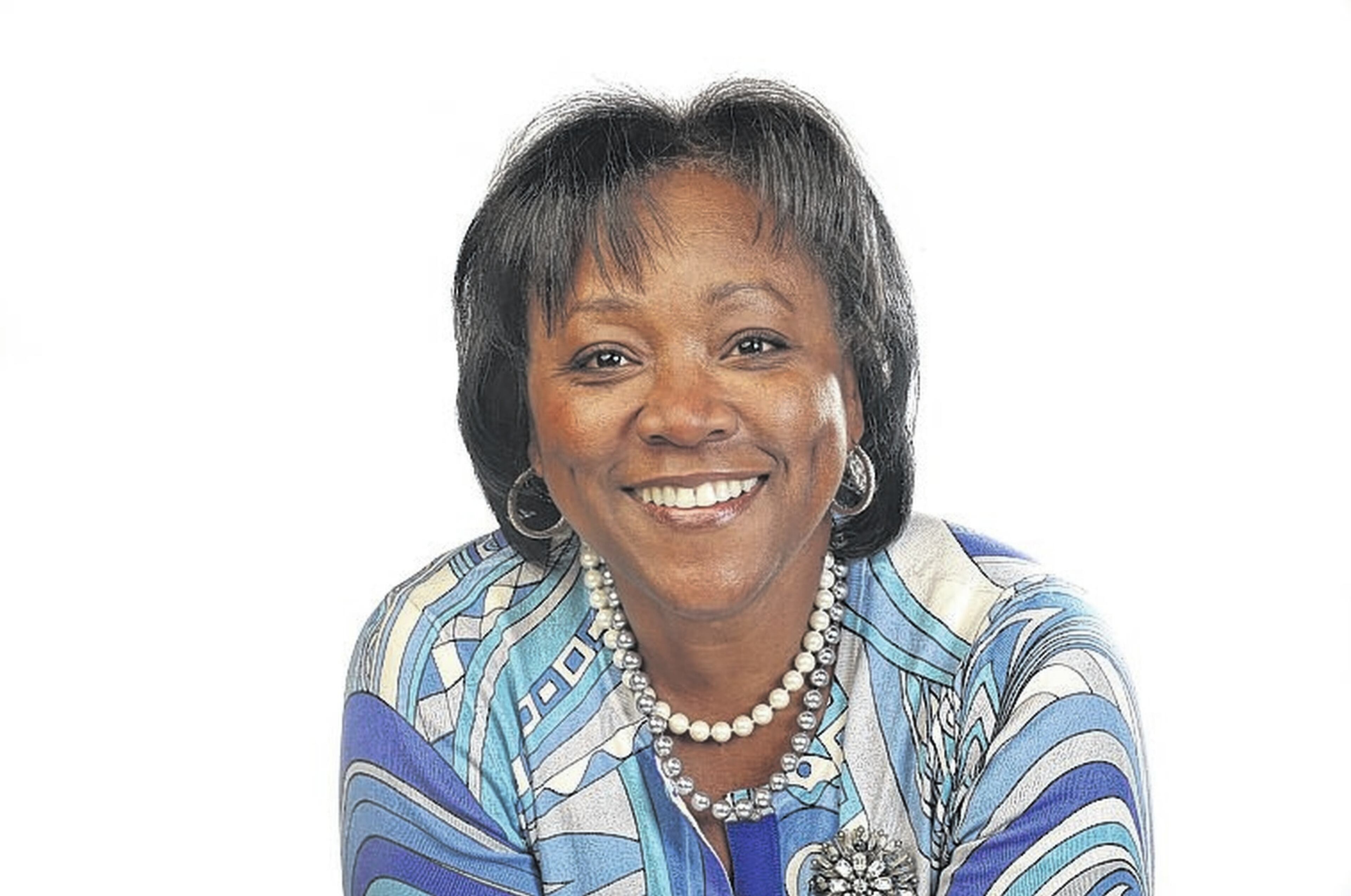Life with Gracie: Why you’re getting bad customer service and not just from airlines

When it comes to customer relations, the airlines have had a bad couple of months. Denying boarding to teens for wearing leggings. Dragging a passenger from his seat because he refused to give it up for an employee. Booting a family over the use of a seat even though they were paying customers.
If you’ve bought into the old adage that says the customer is always right, this might be a good time to rethink that.
And if you think for one moment bad customer service is purely an airline issue, you might want to reconsider that, too.

Business experts like Lisa Earle McLeod say poor customer service is pervasive and not just for lack of good service reps.
The problem, McLeod said, is when leadership treats employees like commodities.
“If you treat your employees like a line item, they’ll pay you back in kind,” said McLeod, an Atlanta-based sales leadership consultant and author of “Leading With Noble Purpose.”
Want proof? Look no further than the fast-food business and banks to see the result of leaders who treat their people like a budget line item.
“Go into any fast-food chain, and you’ll likely get vacant-eyed, disengaged service from a person counting down the hours until their shift is over,” McLeod said.
But go to Chick-fil-A and you’ll be greeted by an enthusiastic server, who tells you, “It’s my pleasure.”

I have to agree, but Jean Houston Shore of WorkStrong Consulting in Roswell thinks we’re being a bit harsh. She believes our expectations are too high.
“It puzzles me that people label customer service ‘bad’ when what really happened is that the customer wanted but didn’t get a policy exception,” she said.
For instance, Shore said, retailers often accept returns only on unworn goods or choose not to give cash refunds. When a crowd is witness to the customer being denied a policy exception, the customer has to save face. This feels like a customer service failure even if the policy is a reasonable one.
The same thing might happen, Shore said, when a family member lodges a complaint on behalf of a hospital patient because of one bad experience.
“A whole system of healers is condemned because proper context isn’t included in an angry social media post,” Shore said.
In addition, she said, generational differences can fuel perceptions of bad customer service.
“Speaking a friendly greeting, offering eye contact and perhaps reaching out for a handshake are behaviors baby boomers tend to demonstrate and expect from others,” she said. “But a younger generation, experts in digitally connecting, may not find these behaviors necessary or comfortable. If those generational basics are missing, your customers might judge the experience unsatisfactory.”

I don’t expect a handshake but eye contact or simply acknowledging my person isn’t too much to ask, and I don’t care what generational card you hold.
Whether they mean it or not, I appreciate the “It’s my pleasure” responses I get at every visit.
Watching the recurring problems at airports and on airplanes, I couldn’t help cringing. But as a frequent shopper, it occurred to me that what was happening there, happens every day in department stores, doctor’s offices and other businesses.
McLeod, whose clients include Dave & Buster’s, Google and Roche, seems to think so. Zappos, which backs up the online experience with real live human beings, is a good example, she said.
“On the surface, it’s a team of people answering phones in a call center in Las Vegas. This could be a recipe for disengaged employees, but it’s not,” McLeod said. “Zappos employees are on fire for delivering Wow service, along with creating fun and a little weirdness.
“I took a client team to the Zappos service center in Vegas last year. We saw service reps celebrate orders, and do dance parties to keep their energy up. That kind of culture starts with leadership.”
McLeod said that poor customer service can be the trickle-down result of leadership that overemphasizes profit at the expense of people. The irony is when leaders put short-term profits ahead of employees and customers, they wind up making less money because their culture becomes a sea of disengaged mediocrity.
Shore, whose clients include airlines, telecommunications companies, and hospitals, said the recent airline disputes illustrate how hard it is to resolve customer problems when your work has become performance art.
“With an audience watching, both service providers and customers can feel an adrenaline rush forcing them toward poor choices,” she said. “Returning calm for anger is a tall order, but that is the only way to avoid further inflaming a crowd of onlookers with recording devices.”
For great brands, what was once a focus about “customer service” is today a much broader conversation about “customer experience.”
“From their first interaction with your brand, customers decide over and over whether or not they want to keep doing business with you,” Shore said. “If things go especially well, they recommend you to their friends and family. If they go poorly, those same friends and family often hear a very exaggerated version of what went wrong.
“Hopefully this latest round of airline missteps will help all of us, including the traveling public, properly adjust our perceptions and bring a healthy dose of mutual respect on board each and every time we fly.”
Hopefully.


